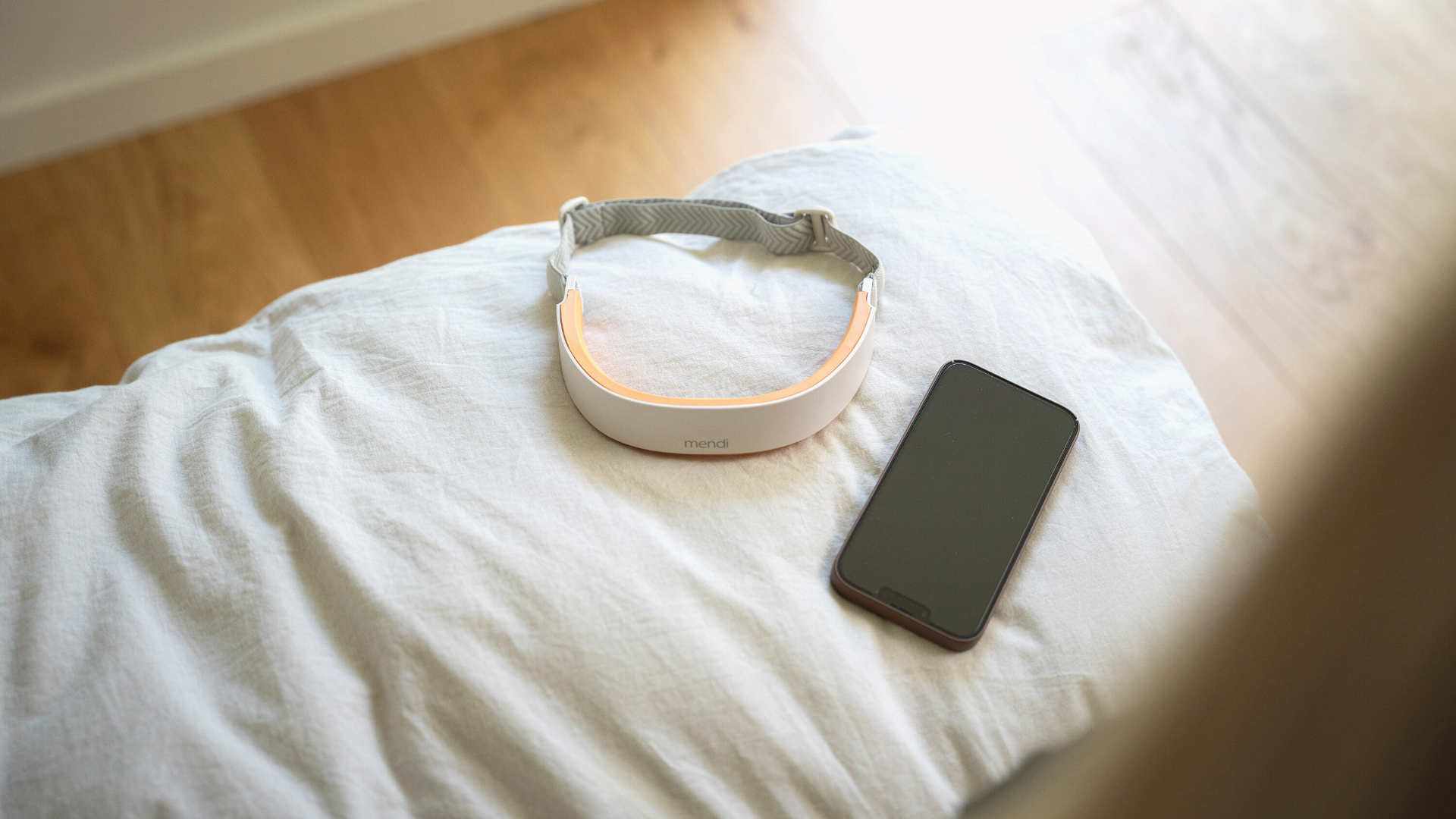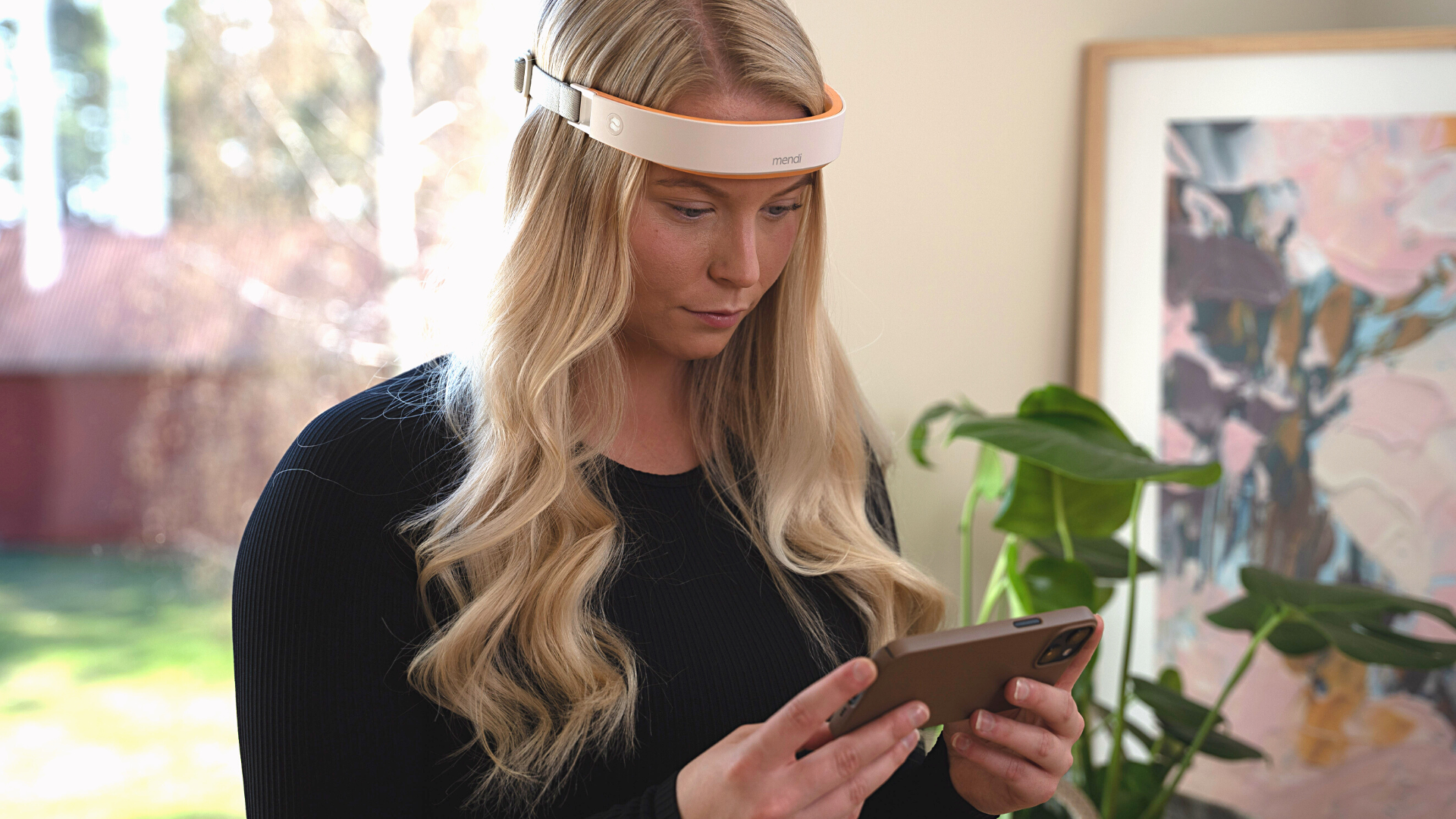
This article is your permission to go take a nap right now.
Some of the best advice I ever got was that any time you feel dysregulated in any respect (grumpy, irritable, distractible, or the day just seems to be going wrong), the first thing you should check is your sleep. Sleep is a huge topic and I can’t address everything here, so this article is going to be centered around why prioritizing sleep can help you focus.
Studies have found again and again that sleep deprivation results in a decreased ability to concentrate and pay attention. It also reduces our working memory capacity and ability to make decisions. Even worse, it increases irritability and puts us in a more emotional state in general.
In fact, sleep deprivation negatively impacts attention even if we don’t feel sleepy. A study by Van Dongen and colleagues recruited volunteers and split them into groups that got either 4, 6, or 8 hours of sleep per night for 14 days in a row. The study found that participants who got 4 or 6 hours of sleep had decreased accuracy and decreased speed of reaction in attention tasks compared to those who got 8 hours of sleep per night. This was true even in the participants who reported not feeling sleepy.

If you have been having trouble focusing lately, it might be from not getting enough sleep (even if you don’t “feel” sleepy).
Focusing requires a group of skills that in cognitive psychology we call executive functions. We recruit these executive functions when we need to concentrate and pay attention. You might think of it as the opposite of being on auto-pilot. There are three main executive functions:
- Inhibitory control (the ability to ignore competing stimuli)
- Cognitive flexibility (the ability to switch between tasks and adapt to the unique set of rules that pertain to each task)
- Working memory (how much information your mind can actively process at once)
These executive functions provide the foundation for other cognitive skills like problem-solving, planning, and decision-making.
Although these skills rely on many parts of the brain working in synchrony, they are particularly dependent on one area of the brain functioning properly: the frontal lobe.
So why is it that losing out on sleep affects our ability to focus?

As it turns out, the frontal lobe is metabolically expensive to run. This means that it requires a lot of energy and nutrients. When you haven’t slept enough, your brain prioritizes getting nutrients to other brain areas that are more important to your survival. In terms of evolution, this makes sense: It is more important to prioritize brain areas that keep you alive in the short term than brain areas that allow for complex problem-solving and planning.
Think about it this way. If you were a caveman who got woken up by an invasion from another tribe in the middle of the night, then you would suddenly be in a survival situation. Even if you had only slept for a few hours, you would want your heart to be beating, you would want to be able to breathe so that plenty of oxygen gets to your muscles, and you would want to be able to physically control your body so you can fight or flee. All of these abilities are controlled by the brain, and at that moment, all of these abilities are more important than something like reasoning through a complex math problem.
The bottom line is this: If you’re having trouble focusing, check if you’ve been sleeping enough. Losing out on sleep is detrimental to our ability to focus. Attention requires multiple brain areas working together, but the frontal lobe is especially important. When we’re tired, the frontal lobe just doesn’t function very well.
Does Mendi fit into this? Mendi is not a substitute for sleep, but many people use it as a tool to help them improve their focus. Mendi is a neurofeedback device that uses fNIRS to detect when there is increased activity in the prefrontal cortex and provides you with positive feedback in a phone app when this happens. Over time, individuals learn to control the app by increasing blood flow to the prefrontal cortex.
- Experience your brain, improved
- Natural & risk free training
- Can (and should) be used by everyone
Get your Mendi now
Take your first step towards a healthier brain, improved focus, and mental resilience.
